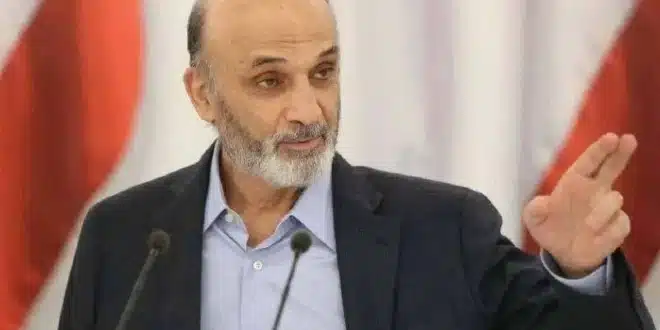Samir Geagea, leader of the Lebanese Forces, has intensified his call for the Lebanese state to assert sole authority over all weaponry. He emphasizes that a genuine state cannot exist without a monopoly on arms, criticizing Hezbollah’s independent military actions as undermining national sovereignty. Geagea argues that Hezbollah’s unilateral decisions have drawn Lebanon into conflicts that do not serve its interests, particularly highlighting the group’s involvement in the recent hostilities with Israel .
Similarly, Jebran Bassil, head of the Free Patriotic Movement and former ally of Hezbollah, has distanced himself from the group, condemning its decision to engage in warfare without state consensus. Bassil asserts that Lebanon’s involvement in regional conflicts, particularly the support front for Gaza, has compromised national security and diverted attention from pressing domestic issues .
Government Initiatives and Hezbollah’s Response
In response to these internal pressures, President Joseph Aoun has prioritized the disarmament of non-state actors, including Hezbollah, through dialogue rather than force. He has tasked the Lebanese Army with extending state authority and dismantling unauthorized military facilities, aligning with the ceasefire agreement that mandates Hezbollah’s withdrawal from southern Lebanon.
Hezbollah, acknowledging the shifting dynamics, has expressed willingness to discuss its armament status, contingent upon Israel’s withdrawal from contested territories and cessation of military strikes. The group maintains that its weapons are essential for defending Lebanon against Israeli aggression, yet the ongoing dialogue indicates a potential shift towards integrating its military capabilities under state control.


